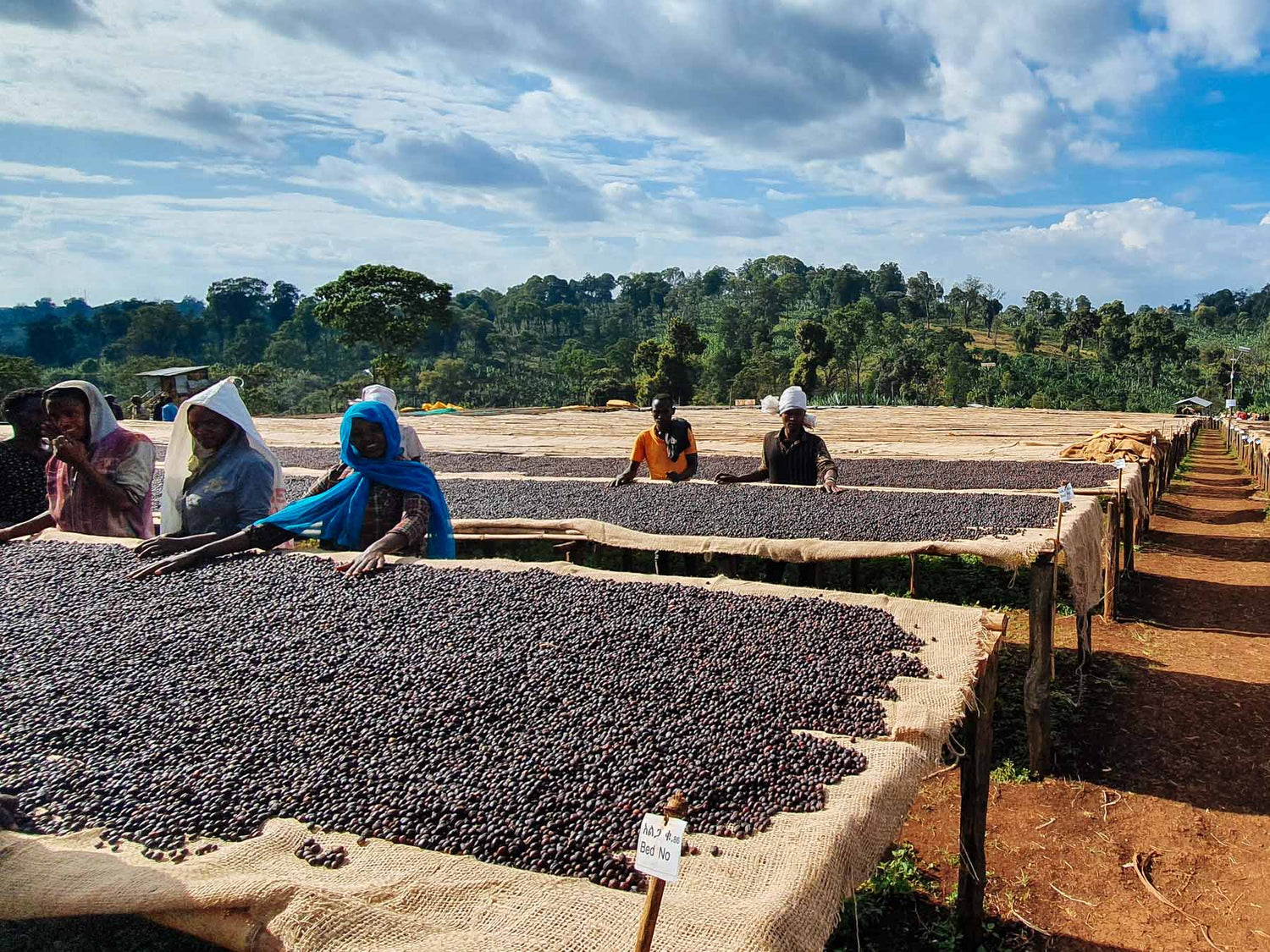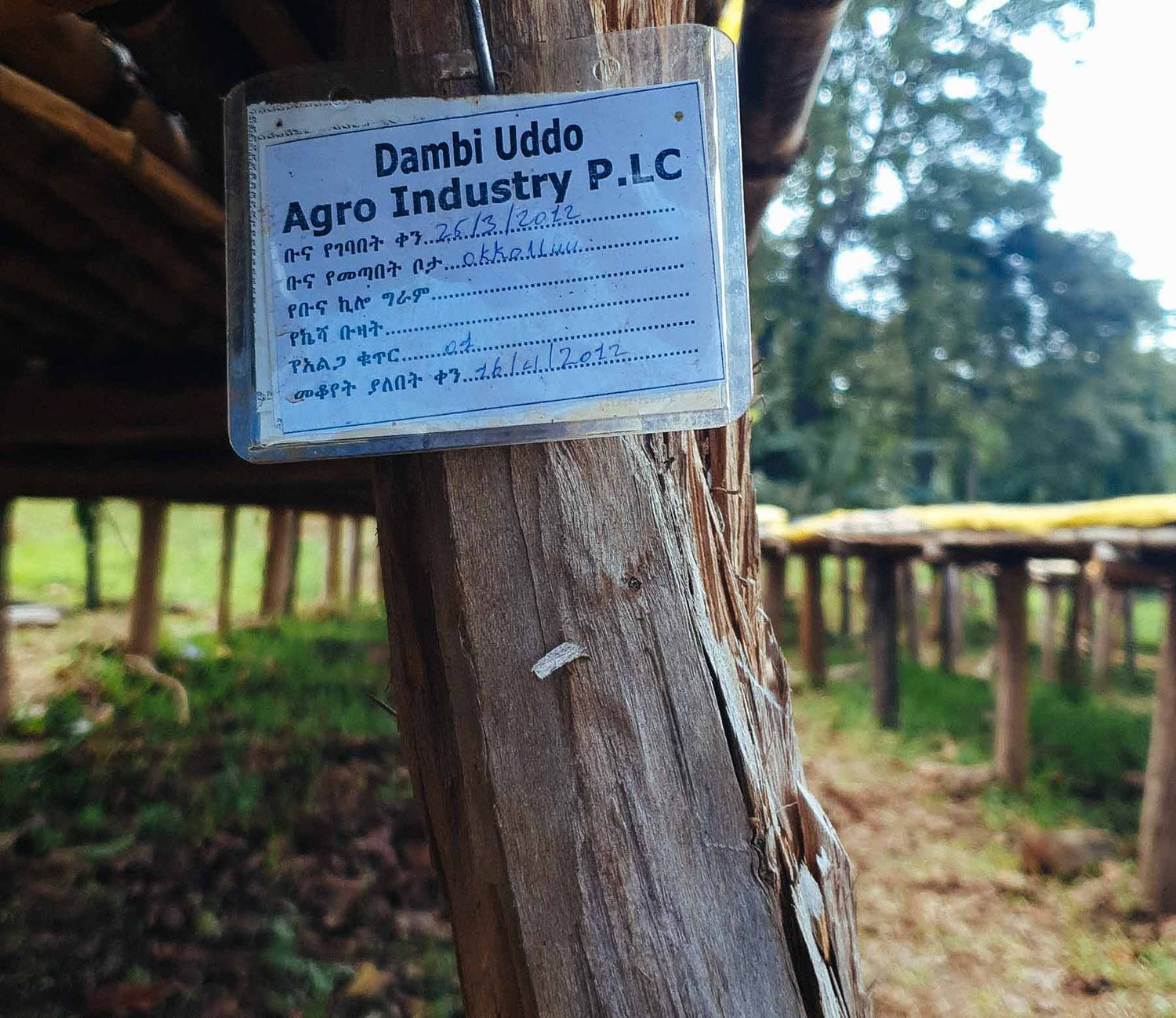
COFFEE PRODUCER
Damo

Overview
Location:
Altitude:
Varietal:

Meet The Producers

Harvesting & Processing
Explore Our Coffees
-
Horsham Coffee Roaster
Coffee of the Month Subscription
Regular price From £10.25Regular priceUnit price per -
Horsham Coffee Roaster
Single Origin Coffee Selection
Regular price £43.85Regular priceUnit price per£47.75Sale price £43.85Sale -
 10% OFFHorsham Coffee Roaster
10% OFFHorsham Coffee RoasterBlend Selection
Regular price £35.00Regular priceUnit price per£39.00Sale price £35.00Sale -
Orange | Fig | Chocolate
Christmas Coffee Blend
Regular price From £12.75Regular priceUnit price per£12.25Sale price From £12.75NEW



